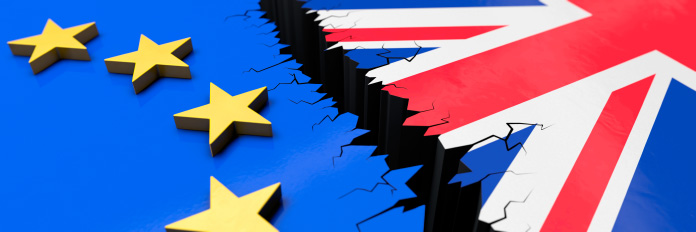Penna Dexter
What has COVID-19 done to the Europe that coalesced into a formal union in 1993 meant to ensure the free movement of people, goods, services, and capital? What’s become of its borderless economy?
As the coronavirus was spreading across Europe, the German government announced a ban on the export of surgical face masks. Shipments on the way to neighboring countries, members — mind you — of the European Union, were turned back at the border.
The Wall Street Journal’s Gerard Baker isn’t surprised. “Any government’s primary responsibility,” he writes, “is to protect its citizens.” He points out that, “nations still take primacy over supranational ideals and institutions. Never more so than in an emergency.”
He says coronavirus “has sent the world into geopolitical as well as literal home-based lockdown.”
As countries began closing borders, international travel swiftly collapsed. Capital is now being reinvested at home. And national governments are spending billions, trillions to avoid disaster.
Will this outbreak significantly diminish our globalized system? Gerard Baker reminds Journal readers that the past decade has been characterized by a backlash against globalization. This motivated populist revolutions that brought about the election of President Trump. And Brexit.
Former Secretary of State and National Security Advisor Henry Kissinger has long supported a world order that includes both affirmation of the individual dignity of states and robust international cooperation. He writes that the pandemic has prompted ”a revival of the walled city in an age when prosperity depends on global trade and movement of people.”
The pandemic will end. Hopefully, our nation and others in the West will learn that we need to have our own independent supplies and production of medical equipment and drugs and products vital to national security. The Journal’s Gerard Baker also expects businesses to conclude that much international travel can “be replaced by videoconferencing and other technologies.”
How much will nations isolate?
Dr. Kissinger says, in both domestic politics and international diplomacy, “restraint is necessary.”

 Listen Online
Listen Online Watch Online
Watch Online Find a Station in Your Area
Find a Station in Your Area










 Listen Now
Listen Now Watch Online
Watch Online
